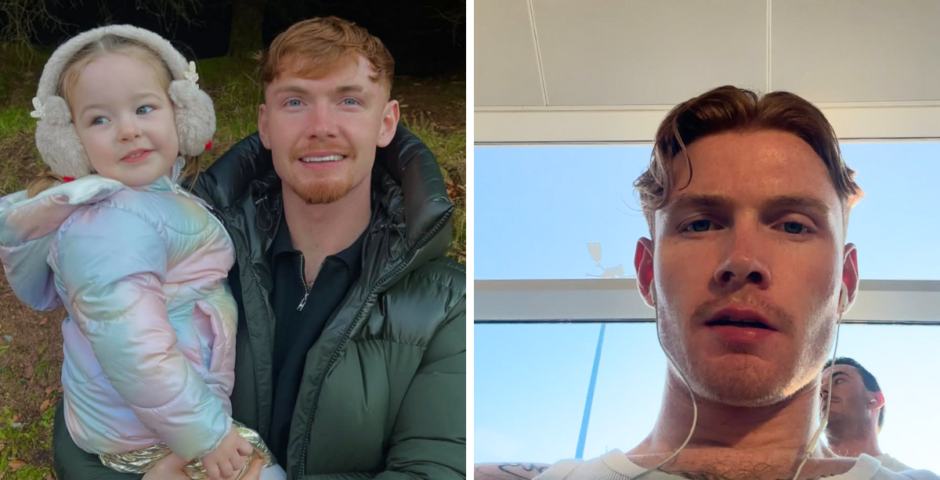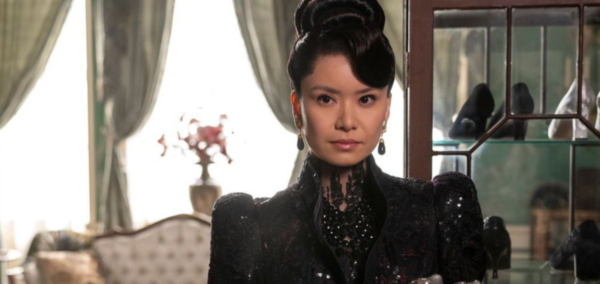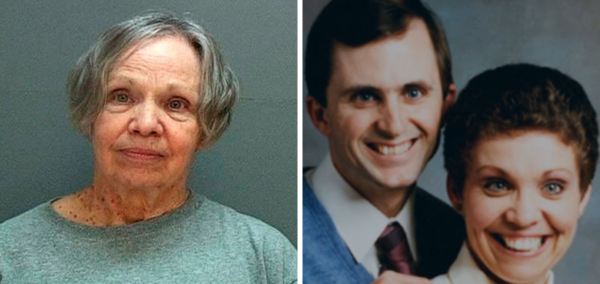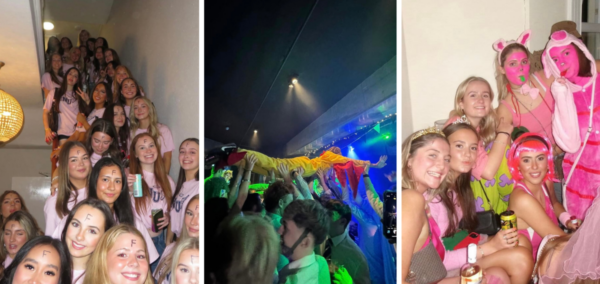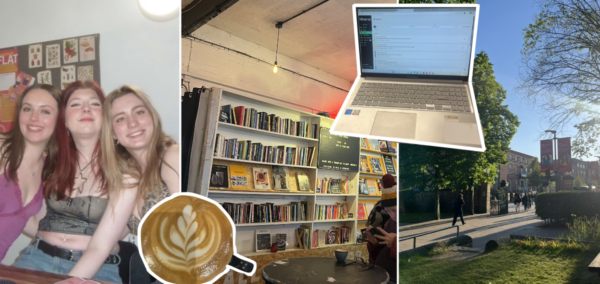
Swipe fatigue: Why Leeds students appear to be logging off dating apps for good
‘It’s always an awkward, avoiding-eye-contact situation’
With 1.4 million people in the UK reportedly ditching online dating this past year, The Leeds Tab asked students and university researchers whether this cultural shift is making waves on campus – and, if so, what’s driving the sudden change?
According to Ofcom’s 2024 Online Nation Report, usage of the 10 most popular dating apps has declined by nearly 16 per cent in the past 12 months. Tinder has been the hardest hit, with 600,000 people appearing to have logged off the app for good.
Some analysts have speculated that for younger people, particularly Gen Z, the novelty of dating apps might be wearing off.
Anna, 20, a Leeds Beckett University student, told The Leeds Tab that as a gay woman, using filters on apps like Tinder can help alleviate some of the anxiety she feels around meeting potential partners in real life.
So, while she doesn’t envision completely dropping dating apps in her search for love, she has made an effort to limit her usage, citing her dislike for the broader culture surrounding them.
Anna said: “I sometimes find it hard to gauge someone’s sexuality at uni or in a bar – you don’t know if you’re flirting or coming across as predatory.
“But dating apps mean you already know the person is into women, so it’s good for that.”
But Anna added she doesn’t feel as though “people treat the person they’ve just matched with like a real human.”
Instead, it can become “this unhealthy, looks-obsessed game.”

Isaac, 24, a student at Leeds Arts University, told The Leeds Tab the only time he had arranged a date via an app, it had been his worst dating experience.
Most Read
The student believes the apps would likely have declined in popularity earlier, and only saw a resurgence because of the lockdowns imposed during the Covid-19 pandemic.
Reflecting on the role dating apps played in his university life during the pandemic, Isaac said: “Especially in my first year, they became one of the only platforms to mingle free from some of the tension that came with in-person social interactions.”
Isaac believes dating apps lost their charm once social distancing restrictions were eased.
He added: “I still have Hinge on my phone, but I’ve barely touched it in the last six months.
“I use it now when I’m holidaying abroad as anecdotal entertainment, and an unreliable avenue for socialising and meeting people.”
Mia, 21, a student at the University of Leeds, told The Leeds Tab she has never used dating apps, and isn’t planning on starting in the future.
She said this decision isn’t because she doubts their effectiveness for finding love, but because she feels they clash with the romantic ideals she formed as a child, influenced by fairy tales and Disney films.
“It feels like I’m abandoning what my childhood views of love are,” she said.
Mia explained she also dislikes the awkwardness tied to campus culture, where online interactions can lead to uncomfortable real-life encounters.
Imagining how it would feel to accidentally see a person you’d matched with on campus, she said: “The reality is, if that situation does happen, you won’t go: ‘Oh hey, we’ve been chatting on Hinge, how are you?’
“It’s always an awkward, avoiding-eye-contact situation.”
While Mia appreciates features like seeing people’s interests to narrow down potential partners, the online element creates too much tension for her.

Natasha McKeever, a lecturer in applied ethics and co-director at the University of Leeds’ Centre for Love, Sex and Relationships (CLSR), told The Leeds Tab she believes these platforms have reshaped campus dating culture in both positive and negative ways.
On the upside, they broaden social circles and provide a lower-pressure way to initiate romantic connections, especially for those anxious about in-person approaches.
However, by making it less common to approach people in real life, dating apps might increase anxiety around doing so.
Natasha added: “There is also the possibility that dating apps will change the way we think about relationships, making people less likely to commit to another because of how easy it could be to secure a date with someone else.”
The researcher also flagged significant ethical concerns with dating apps. “They make it easier to treat others badly or misrepresent oneself, since users are hidden behind screens,” she said.
The filtering mechanisms on apps, while convenient, can lead to societal segmentation, with certain groups receiving far less interest than others, such as people with certain disabilities, or people of certain ethnicities.
Additionally, apps are designed to be addictive, employing gamified elements that keep users hooked, while profiting from paid features.
For many students, the commodification of relationships on dating apps is especially troubling.
Natasha explained how users are encouraged to reduce themselves to superficial traits, focusing heavily on appearance.
She said: “The swipe system encourages people to spend very little time on each person’s profile. Users are thus encouraged to try to grab each other’s attention by ‘selling themselves’ as much as possible.
“This means that we commodify others and have to commodify ourselves, to an extent.”
This commodification can harm mental health, with users feeling rejected if they get few matches or are ghosted.
Natasha also noted how the pressure to present an idealised version of oneself often leads to excessive time, energy, and money spent on appearance – or even using AI tools to edit profiles.
This creates additional anxiety about in-person meetings, where users fear their real selves might not measure up.

Safety is another pressing concern, particularly for women and LGBTQ+ users.
Luke Brunning, co-director at CLSR, points to risks like catfishing, financial scams and breaches of confidentiality.
He told The Leeds Tab: “LGBTQ+ users might also worry about the intentions and sincerity of the people they talk to. They need confidence that people are not misusing a platform.
“For example, they are not cishet men presenting themselves as queer women, and that their sexuality and intimate identity will be treated with respect and not publicised more broadly, especially if they are not out.”
Despite these issues, Luke acknowledges that dating apps remain a valuable tool for many. They enable connections that might otherwise be impossible, especially for minority groups or those with unconventional schedules, like nightshift workers.
However, Luke believes the industry must evolve to meet users’ needs for authenticity and a sense of belonging in the world: “Dating apps could better serve younger people, and other users, by ensuring their products prioritise authenticity of interaction, enable people to be vulnerable, and cultivate a less pressured environment.”
The researcher does suspect dating apps are here to stay. What remains unclear, though, is “the future forms they will take.”
Luke added: “The fracturing of the dating app ecosystem, and general online dating fatigue after the pandemic, suggests the industry is ripe for change.”




